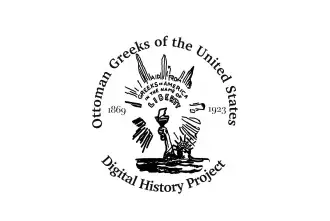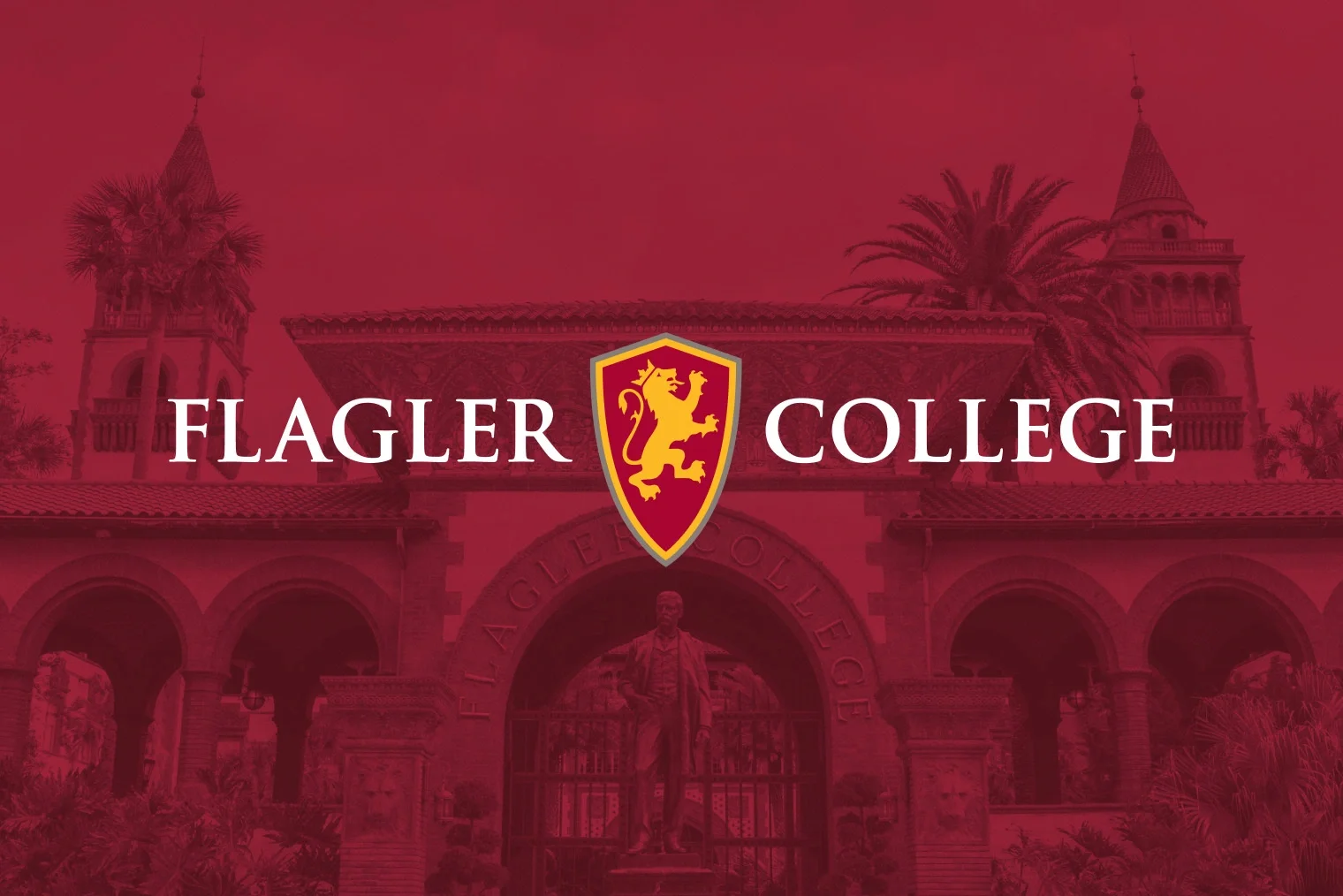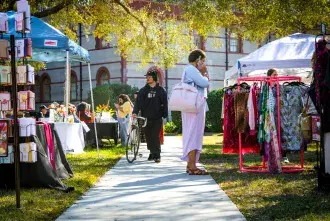The shipwreck was discovered in November 2020, when nor’easters stripped sand from the beach to expose the uppermost timbers. The research arm of St. Augustine & Maritime Museum (LAMP) recently returned to the site with intentions to fully excavate the 19th-century shipwreck, likely identified as the Caroline Eddy, and document it before it gets buried by a St. Johns County beach renourishment project.
Since the shipwreck is too big to excavate by oneself, it was the perfect opportunity for Flagler students to gather at the site to gain valuable skills that can be used in their field of study.
“I’m teaching a Maritime Archaeology class at Flagler this semester, so this is a great way to get my students involved. Other faculty members encouraged their archaeology students to participate as well,” said Chuck Meide, Director of LAMP. “Therefore, we’ve had a lot of Flagler students come out to help with the wreck!”
Each day, findings revealed themselves, leaving the students in awe and excited to find out more.
“When I went out on the site, I helped by excavating the ship with a trowel and helped build up the wall surrounding the ship. We came across tons of rust that grew along the sides from the nails that were used to hold it together,” said Alyssa Small, student volunteer. “This was an overall fantastic experience for me, especially since it was my first time excavating a piece of history!”
Each student that volunteered got to experience what it’s like to get up-close-and-personal with an archaeological dig, which increased their passion for archaeology.
“I helped pull sand on a tarp away from the shipwreck and did some digging around it with a trowel to expose the wreck more,” said Stefanie DeFazio, student volunteer. “I liked how open the LAMP team was to have the public around; they answered questions, and people were able to see what we were doing up-close. I would like to help out with more archaeological digs in the future!”
Flagler College’s “living classroom” took learning about archaeology to the next level for these students and prepared them for a lifetime of discovery by allowing them to unearth a piece of history right here in St. Augustine, the oldest city in the United States.


